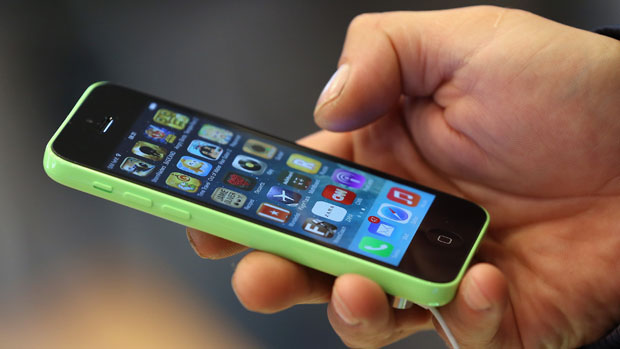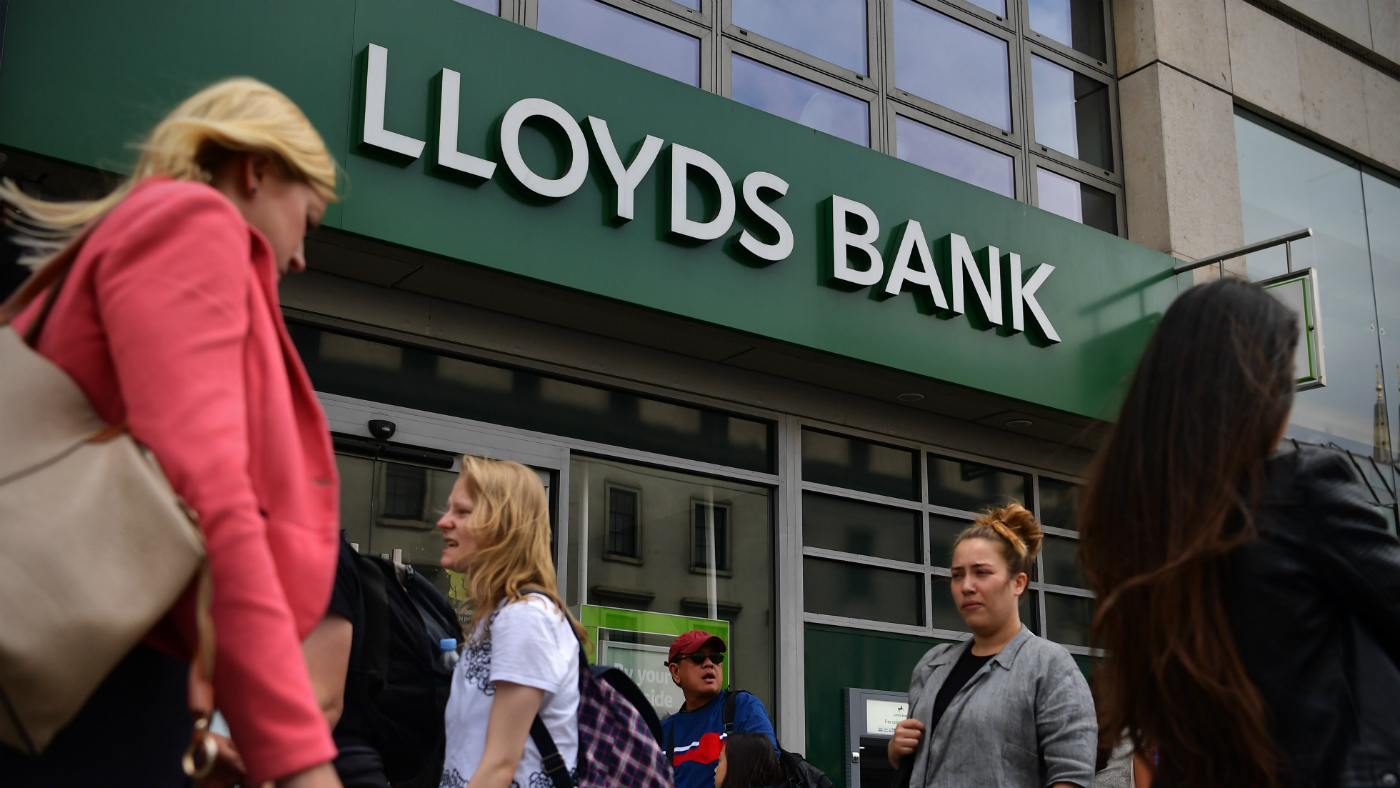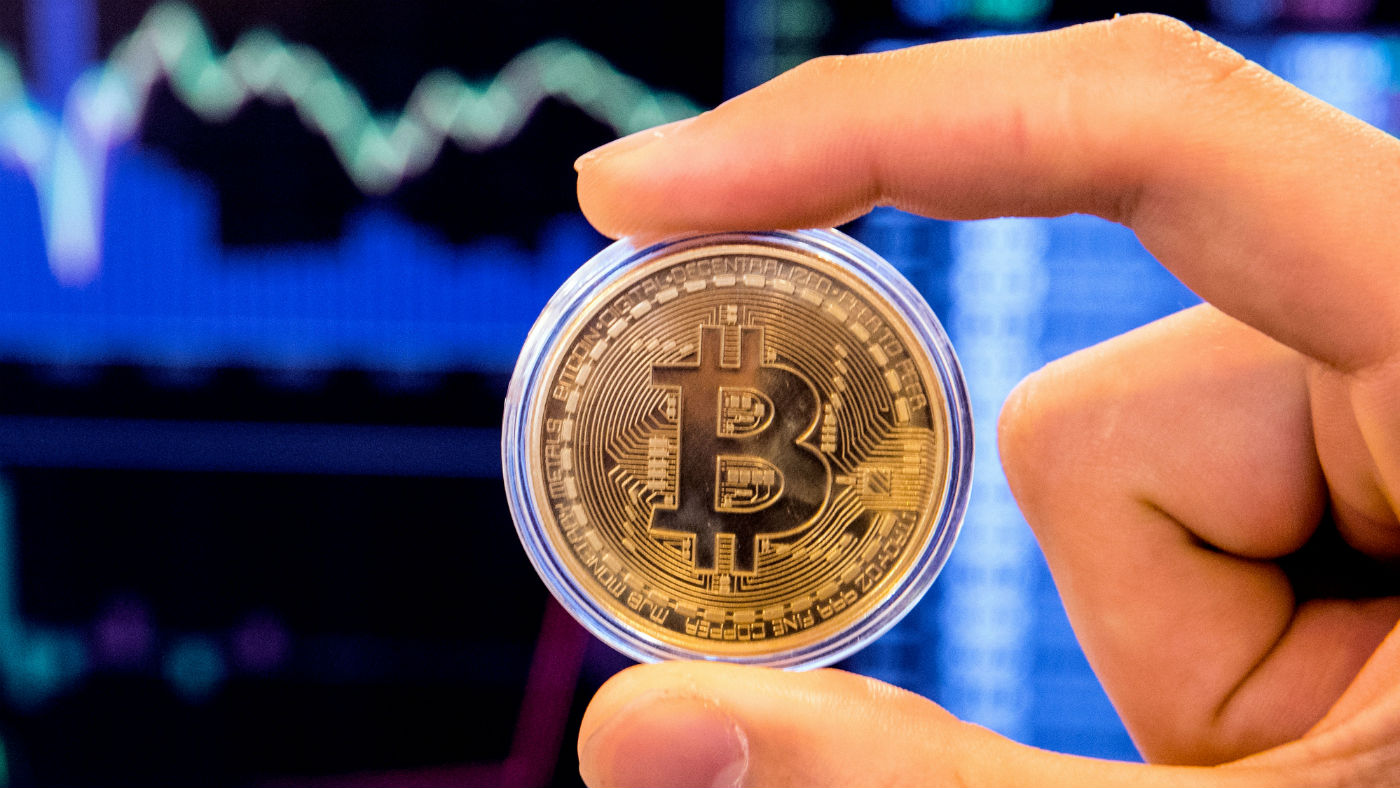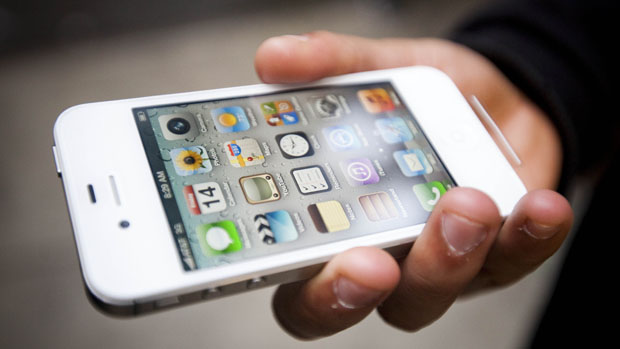Paym mobile payment: how does it work and is it safe?
New system allows bank customers to send and receive payments using just a mobile phone number

A free daily email with the biggest news stories of the day – and the best features from TheWeek.com
You are now subscribed
Your newsletter sign-up was successful
A NEW system that allows bank customers to send and receive payments using only a mobile phone number has launched today. Paym – pronounced “Pay Em” – is run by the Payments Council, an industry body that expects one billion such transactions to be made by 2018. According to The Guardian, more than 360,000 people have already registered for the service. But why do we need it and is it safe to use?
What is Paym?The technology allows people to pay or receive money using a mobile phone number, but without giving out their account number and sort code.
How do I use Paym?Firstly, you need to register your mobile phone number with your bank and download your bank's existing mobile payments app. Then, instead of adding a new payee using their account number and sort code, you can select their mobile number from your contacts list or enter the phone number manually. After confirming the details, you simply need to press 'send'. Up to £250 can be paid out each day. To receive payments, you must register your mobile number with your bank or building society and then specify the current account into which you would like the payments to go. Transfers happen at the same speed as existing mobile banking.
The Week
Escape your echo chamber. Get the facts behind the news, plus analysis from multiple perspectives.

Sign up for The Week's Free Newsletters
From our morning news briefing to a weekly Good News Newsletter, get the best of The Week delivered directly to your inbox.
From our morning news briefing to a weekly Good News Newsletter, get the best of The Week delivered directly to your inbox.
Who can use Paym?The service will be available to customers of Bank of Scotland, Barclays, Cumberland Building Society, Danske Bank, Halifax, HSBC, Lloyds Bank, Santander and TSB Bank. For Barclays customers, Paym will be available via the bank's existing Pingit app, which offers a similar service. Clydesdale Bank, first direct, Isle of Man Bank, NatWest, the Royal Bank of Scotland and Yorkshire Bank have committed to joining the scheme before the end of the year. Over five million people – mainly customers of Nationwide Building Society – will not be able to join the scheme until early 2015.
Why do we need Paym?"Convenience is king," says Adrian Kamellard, chief executive of the Payments Council. The main advantage to using Paym is "how easy it is to use", he says. It is a convenient way to pay friends or family members without having to withdraw cash or know their account number and sort code. It could be used for sharing restaurant bills or to pay tradesmen such as plumbers and window cleaners. While Barclays' Pingit app offers a similar service, Paym is said to be the first industry-wide collaboration with the potential to link up every bank account in the country with a mobile phone number.
Is Paym safe to use?Nearly half of people surveyed by polling company Consumer Intelligence said they definitely would not use the service, with most worried about security and the risk of money going missing. Gabriel Hopkins, from the data consultancy FICO, tells the BBC that users should monitor their accounts to make sure that there is no suspicious activity as "with every advance in banking technology comes a new fraud risk". Nevertheless, the Payments Council insists the technology is secure, explaining that customers will be using their existing password-protected mobile banking app so the same security levels will apply.
A free daily email with the biggest news stories of the day – and the best features from TheWeek.com
-
 Minnesota's legal system buckles under Trump's ICE surge
Minnesota's legal system buckles under Trump's ICE surgeIN THE SPOTLIGHT Mass arrests and chaotic administration have pushed Twin Cities courts to the brink as lawyers and judges alike struggle to keep pace with ICE’s activity
-
 Big-time money squabbles: the conflict over California’s proposed billionaire tax
Big-time money squabbles: the conflict over California’s proposed billionaire taxTalking Points Californians worth more than $1.1 billion would pay a one-time 5% tax
-
 ‘The West needs people’
‘The West needs people’Instant Opinion Opinion, comment and editorials of the day
-
 Lloyds online banking down: bank apologises following major outage
Lloyds online banking down: bank apologises following major outageIn Depth Customers have been unable to log into their accounts since yesterday evening
-
 Bitcoin: Lloyds bans credit card purchases
Bitcoin: Lloyds bans credit card purchasesSpeed Read Huge drop in cryptocurrency’s value prompts fears customers will be unable to pay debts
-
Apple Pay is the future: just look at Starbucks experience
In Depth Another step forward in the payments revolution – will the banks ever manage to keep up?
-
 A world without banks: why Barclays and co should be afraid
A world without banks: why Barclays and co should be afraidIn Depth Tech companies are trusted more than banks – so why shouldn’t Apple or Google manage your digital wallet?
-
 What is Pingit and is it safe to transfer your money by phone?
What is Pingit and is it safe to transfer your money by phone?In Depth Will new Barclays app be as 'revolutionary as the credit card' - or will it put your funds at risk?